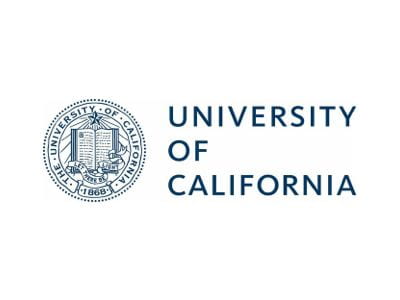Our Research
New technologies have the potential to radically reconfigure the future of food production, distribution, and consumption. The Agri-Food Technology Research (AFTeR) Project explores the emerging Silicon Valley-based Food Tech and Ag Tech sectors across a broad range of innovations, seeking to understand the transformative potential of novel agro-food tech products and the visions that underpin them.
Our research questions include:
• How sector actors define problems and vet solutions in the context of the enormous and intersecting challenges of food security, climate change, ecological sustainability, and human health and well-being
• How the sector encounters and addresses the unique material, cultural and political-economic aspects of food and agriculture
• How Silicon Valley funding mechanisms and cultures of innovation shape agri-food solutions and affect what products are brought to market
• How the sector actors imagines and anticipates public response to agri-food technologies
Our process includes inventorying entrepreneurial endeavours and funding streams, observing knowledge exchange and business development events, interviewing stakeholders, and following sector-generated media.
We invite dialogue with accelerators, entrepreneurs, investors, observers and journalists to share insights from our research and disciplinary perspectives. Our aim for the project is to encourage investment in solutions most likely to be efficacious, useful, equitable, and widely embraced – while avoiding the mistakes of the past.
This work is a collaboration among the University of California campuses at Santa Cruz, Berkeley, and Davis and is supported by the National Science Foundation under Grant Number (Grant # 1749184).
Scholarly Community
Part of our work involves helping to support other scholars working in the ag food tech domain and to forge new intellectual communities at the intersection of food studies and science and technology studies. To those ends AFTeR project members co-lead and regularly participate in STSFAN (the Science and Technology Studies Food and Agriculture Network). This growing community of scholars shares information, coordinates conference activities, and more. The centerpiece of our activity is a monthly workshop of works-in-progress where we provide constructive feedback to members working on publications. If you are interested in learning more about what we do or potentially joining this growing community, please take a look at the STSFAN website.

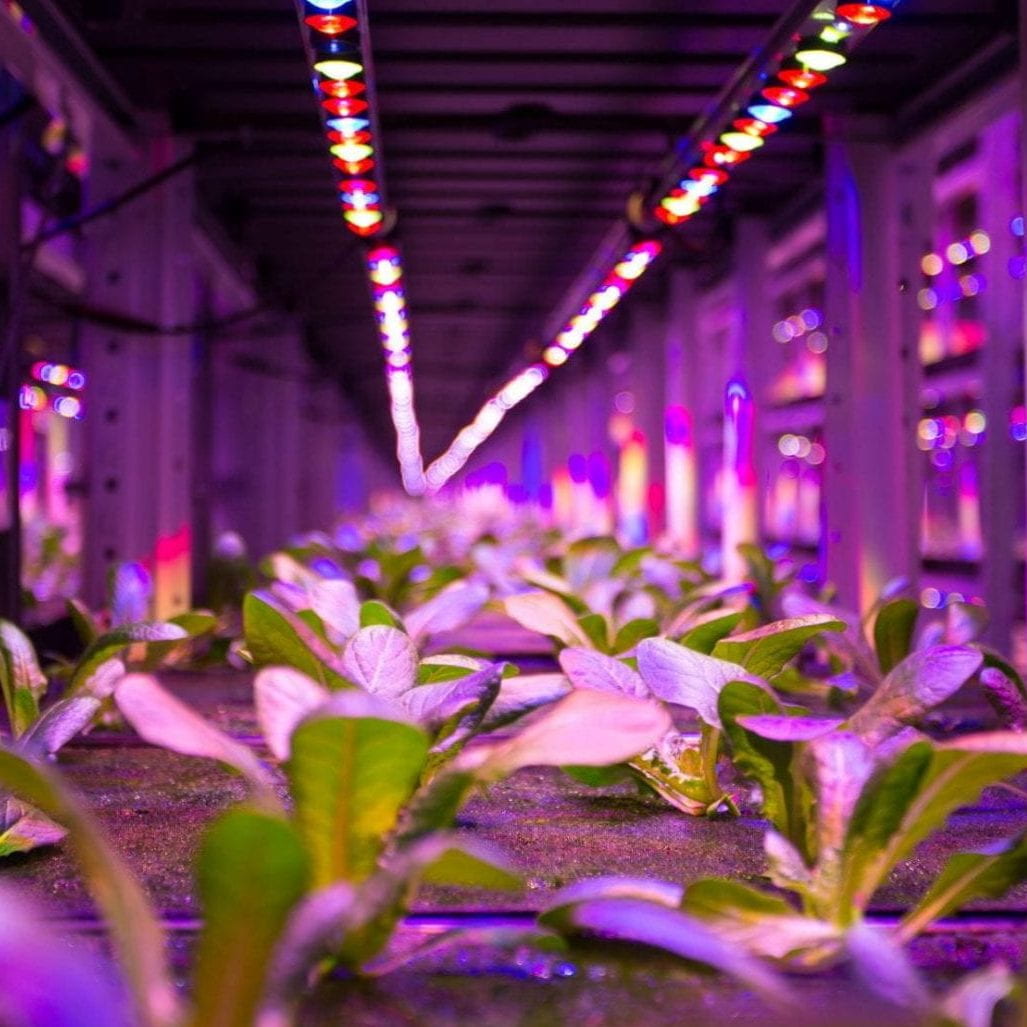

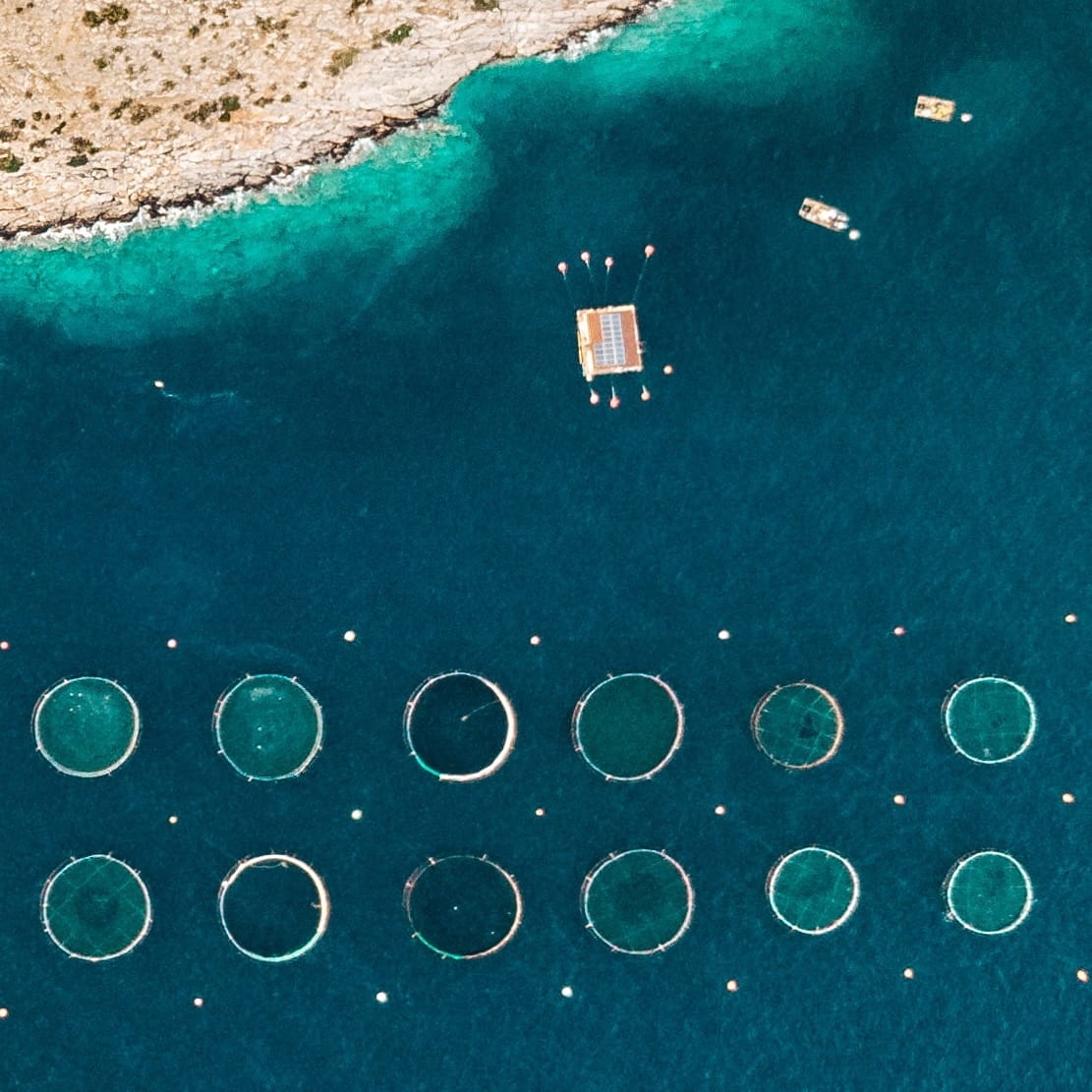
Our Team
Trained in sociology, geography, American studies, environmental studies, and media studies we are an interdisciplinary group of researchers across the UC’s of Santa Cruz, Davis, and Berkeley as well as the University of Tulsa and SUNY Buffalo. Our collective expertise in political-economic, cultural, and historical approaches to the study of food and agriculture informs our shared commitment to more ecologically sustainable and socially equitable food futures that are both abundant and delicious.
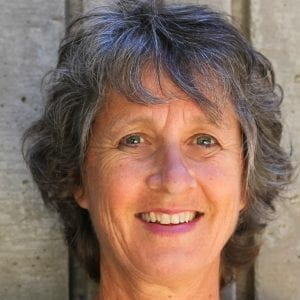
Julie Guthman (Principal Investigator) is a Professor of Community Studies and Sociology at the University of California Santa Cruz, where she teaches multiple courses on the politics of food and agriculture. She holds a PhD in Geography from the University of California Berkeley, as well as an MBA. Her forthcoming book, The Problem With Solutions, coming this summer from UC Press, draws on AFTeR project research, as well as two decades of teaching in the Community Studies program at UCSC. With a research emphasis on the conditions of possibility for food system transformation in the US Guthman’s prior publications include three multi-award winning monographs: Agrarian Dreams: the Paradox of Organic Farming in California (2004, 2nd ed. 2014), Weighing In: Obesity, Food Justice, and the Limits of Capitalism (2011), and Wilted: Pathogens, Chemicals, and the Fragile Future of the Strawberry Industry (2019), as well as an edited collection and over sixty articles in peer-reviewed journals. Her research and writing has been supported by the National Science Foundation, the USDA, the John Simon Guggenheim Foundation, the Radcliffe Institute for Advanced Study, and the Rockefeller Foundation Bellagio Center. She has received an Excellence in Research Award from the Agriculture, Food and Human Values Society, the Martin M. Chemers Award for Outstanding Research from the Social Sciences Division at UC Santa Cruz, and the Distinguished Career Award from the Cultural and Political Specialty Group of the American Association of Geographers.
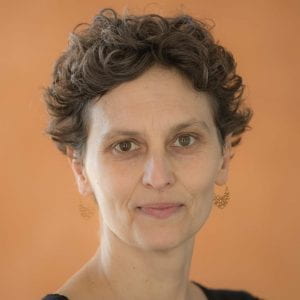
Charlotte Biltekoff (Co-Principal Investigator) is an Associate Professor of American Studies and Food Science and Technology at the University of California Davis, where she builds bridges between scientific and cultural approaches to questions about food and health. She is author of Eating Right in America: The Cultural Politics of Food and Health (Duke University Press, 2013) and is currently working on a book that explores tensions around “processed food” and their relationship to broader struggles over authority, expertise and agency in today’s food system, and beyond. Biltekoff’s work has been the subject of a short film, she engages frequently with the media, and has published in a wide range of academic journals. At UC Davis she teaches classes on food and culture, as well as innovation in the food system.
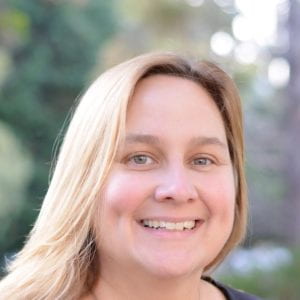
Kathryn De Master (Co-Principal Investigator) is an Associate Professor of Agriculture, Society and Environment in the Department of Environmental Science, Policy, and Management at the University of California, Berkeley. She is a rural sociologist of agriculture whose work focuses on the changing structures in agriculture in the US and internationally. Her research interests include farmland access and financialization, the “agriculture of the middle,” diversified farming systems, participatory mapping, the influence of corporations in agri-food systems, and the emerging agri-food tech sector. In previous work, Kathryn conducted the first national-level case study of organic farming transitions in Poland, in the wake of Poland’s accession to the European Union. She has also studied place-based agricultural initiatives in New England, Wisconsin, and the Western US. An avid advocate for rural conservation and development and regenerative farming systems, De Master is an affiliated scholar with the Berkeley Food Institute at UC Berkeley and has facilitated numerous community-based participatory agri-food initiatives.
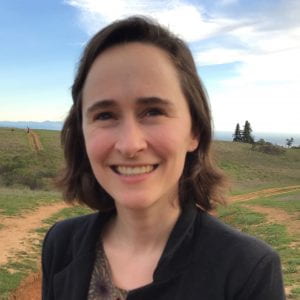
Madeleine Fairbairn (Co-Principal Investigator) is an Associate Professor in the Environmental Studies Department at the University of California, Santa Cruz. She is a sociologist by training whose work centers on the political ecology of the global agri-food system. Her past research projects have examined the food sovereignty movement, land policy in Mozambique and Brazil, and the global farmland investment industry. She has published articles in prominent geography, agriculture, and development journals. Her first book, Fields of Gold: Farmland in the Age of Finance (Cornell University Press, 2020) examines the financial sector’s growing interest in buying farmland over the past decade. Her research has been supported by the National Science Foundation, The US Department of Agriculture, the Social Science Research Council, and the American Council of Learned Societies.

Zenia Kish is an Assistant Professor of Media Studies at The University of Tulsa. Her work emerges at the intersection of media studies and transnational American studies, with a focus on financial cultures and the datafication of agriculture. She is currently at work on a book exploring the transformation of philanthropy through emergent media practices and a reimagination of international development. She is also co-editing a volume on Instagram and food, and conducting research on digital technologies for smallholder agriculture in Ghana.
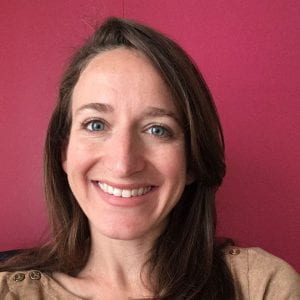
Emily Reisman is an Assistant Professor of Environment & Sustainability at the University at Buffalo. Her work engages human-environment geography, agroecology and science and technology studies to understand rapid agri-food system transformations. Current projects examine the global almond boom, the automation of agriculture, and the intensification of migratory crop pollination. Her research has been supported by the Fulbright Program and Wenner-Gren Foundation, and has received awards from the Society for Agriculture, Food & Human Values and the Anthropology and Environment Society.
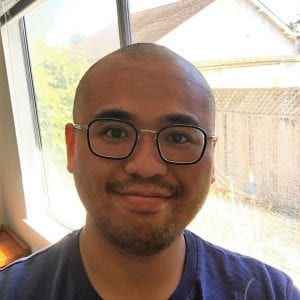
Shun-Nan Chiang is a PhD candidate in Sociology at the University of California Santa Cruz. His research explores the dynamics between the historical formation of the global food system, the politics of techno-social innovations, and the cultural-scientific construction of dietary knowledge. His current project explores how the infrastructural environment enables the co-emergence of five distinct types of agriculture-based innovations for nutrition in the contemporary and historical Philippine context.
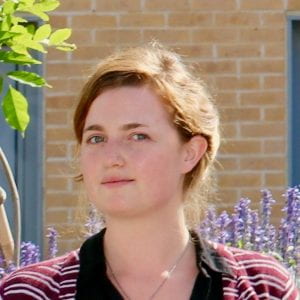
Michaelanne Butler is a PhD student at the University of California Santa Cruz in Sociology. Holding both an MBA and MSc in Human Geography from Oxford University, her interests range from entrepreneurship and innovation to critical food studies and the political-ecological connections between the global North and South. Her most recent project, ’Biome Flavour,’ explored the more-than-food dynamics of Nigeria’s wild meat sector.
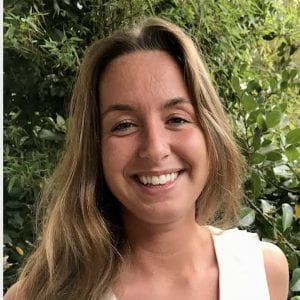
Summer Sullivan is a PhD Student in Environmental Studies at the University of California, Santa Cruz. She also holds an MA in Global Studies from the University of California, Berkeley. With past community food systems work in California’s Central Valley and North Bay Area, she is passionate about food and environmental justice. Engaging political ecology and science and technology studies, her current interests include the increasing use of artificial intelligence in agriculture and the world-making abilities of agroecology as praxis.
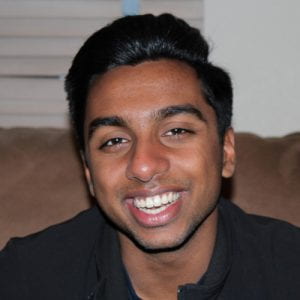
Anand Kumar is an undergraduate student at the University of California, Berkeley. He is a Data Science, Cognitive Science double major who will be graduating in May 2020. His primary research interests involve data collecting, cleaning, and analysis, and combining these processes with other fields to study trends and make inferences while remaining committed to data privacy and ethical data management. His other passions include software development and teaching computer science fundamentals.
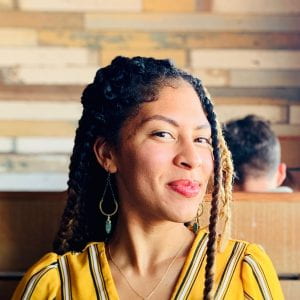
Lindsey Tavares is an undergraduate student at the University of California, Santa Cruz. She is a Legal Studies major and Politics minor. Her passions are at the intersection of social and environmental justice with particular interest in food sovereignty, global health, human rights and international law. She was awarded the Dean’s Honors for outstanding academic achievement for the 2018-2019 academic year. Her work with the AFTeR Project is funded by the Smith Society Fellowship program.
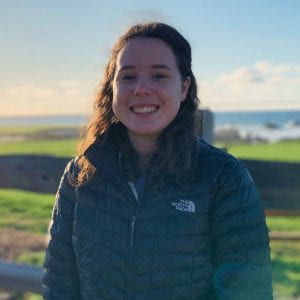
Tamar Sasson joins the AFTeR project as part of UC Santa Cruz’s Building Belonging program. She is an undergraduate at the University of California, Santa Cruz set to graduate in 2023. She is double majoring in economics and sociology. She is interested in pursuing research and has many areas of interest, such as public policy, social welfare programs, consumerism, and business investments. She is hoping to use her sociology background to inform economic research if she pursues a PhD.
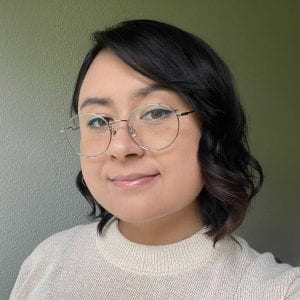
Tara Lamb joins the AFTeR project as part of UC Santa Cruz’s Building Belonging program. She is an undergraduate at UC Santa Cruz. She is a cognitive science major, with interests in UX research and design, particularly in video games. Drawing on her previous studies in environmental science and current work around food culture in tech, she brings a unique perspective to the project.
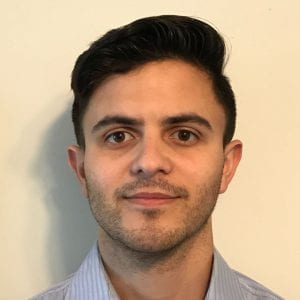
Bonoficado Miranda joins the AFTeR project as part of UC Santa Cruz’s Building Belonging program. He is an undergraduate at UC Santa Cruz majoring in computational mathmatics.
News
Biltekoff’s Real Food, Real Facts Out Now!
“In recent decades, many members of the public have come to see processed food as a problem that needs to be solved by eating “real” food and reforming the food system. But for many food industry professionals, the problem is not processed food or...
Guthman’s The Problem with Solutions Available for Pre-Order!
” A concise and feisty takedown of the all-style, no-substance tech ventures that fail to solve our food crises. Why has Silicon Valley become the model for addressing today’s myriad social and ecological crises? With this book, Julie Guthman digs into the...
Fairbairn & Guthman Unpack the Spatial Imaginaries Guiding Agri-Food Tech
Beginning around 2013, an agri-food tech sector coalesced, proffering countless technologies that promise a more sustainable food future. Yet exactly what that future looks like varies dramatically within the sector. Based on an intensive study of this sector, we...
Get In Touch
See something of interest? Whether you are an entrepreneur or investor keen to chat, the press looking for an interview, or a scholar interested in joining STSFAN, reach out to us at mibutler@ucsc.edu. We’re looking forward to connecting.
